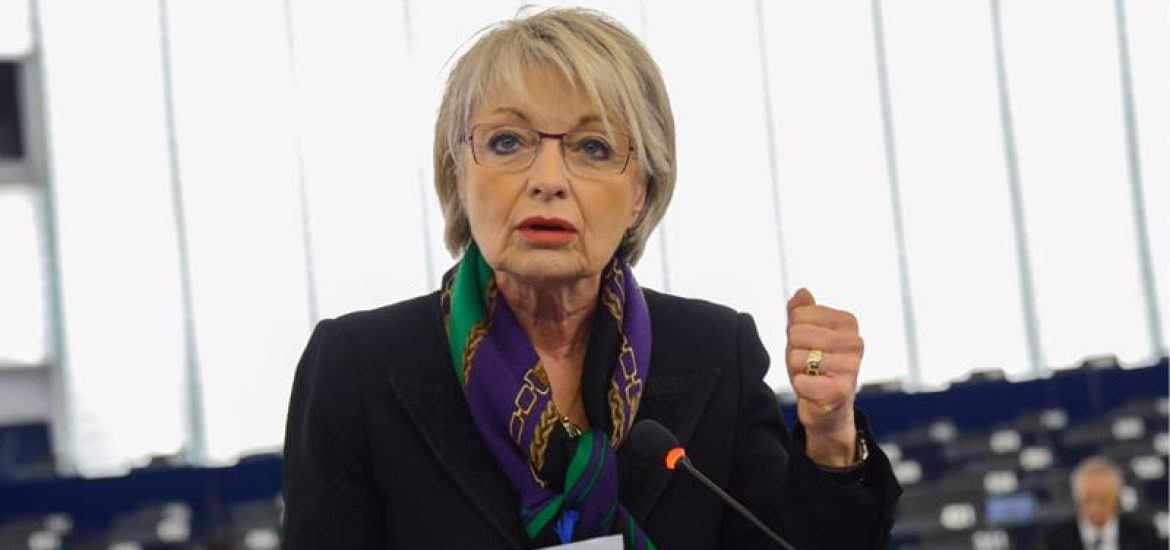
2019 European elections: the question of science
In the run towards the European elections, the European Scientist will issue a series of interviews of various experts from the UE giving perspective on science politics. The objective of this series is to provide a situational analysis that could set the scene for the next Commission.
You have been a Member of the European Parliament since 1994, how do you view science policy in Europe?
At European level there is a genuine policy of support for science, research and innovation, in particular through the famous Horizon 2020 programme, which will become Horizon Europe. It will be financed to the tune of at least €100 billion over the next few years. But beyond that, there is a real quest for scientific expertise at European level for all the technical subjects on which we are required to legislate. To this end the Commission has at its disposal an internal scientific service, able to provide independent scientific advice.
What do you think of the Horizon Europe plan? Do you think enough is being done on topics such as R&D? What about specific themes such as Artificial Intelligence, NBTs? Should Europe invest more in these issues and if so how?
I believe that this is an extremely ambitious programme and focused on the right priorities. The Commission and Parliament did want to focus on future challenges such as Europe’s digital transformation. I am also very pleased that the health cluster of the new programme plans to make the fight against cancer, especially childhood cancers, a real priority with targeted funding. Of course, more can always be done, and the budgets dedicated to these subjects still seem very small compared to what the GAFA companies spend, for example, on investing in artificial intelligence. However, I believe that Europe is the right level for the support to R&D. Science will advance on the strength of us pooling our resources, talents and knowledge.
A number of controversies have hit members in the areas of health, food and agriculture, particularly with regard to the use of pesticides and herbicides. Do you think precision farming is an option? If so, what could the EU do to encourage its take-up?
First of all, I believe it is important that we rethink our agricultural production model, particularly with regard to the usage, sometimes to a massive extent, of plant protection products. There is a real public concern, probably partly exaggerated but also very legitimate, about the environmental and public health risk posed by these products. We must be able to respond to these concerns on a scientific basis, not an ideological one. In this respect, precision agriculture can of course be one of the options and I believe that the EU can help farmers and producers to equip themselves and make best use of new digital tools. The next reform of the Common Agricultural Policy must address this issue.
In an editorial, you denounced the “challenging of science as a kind of new obscurantism”. Do you think that Europe is particularly affected by this phenomenon?
I am not sure that Europe is more affected by this phenomenon than other parts of the world. This new challenge to science is partly made possible by the development of the Internet and social networks, which facilitate access to knowledge, which is a good thing, but at the same time facilitate the dissemination of fake information. Everyone feels empowered to give their opinion on what are in fact very technical subjects, becoming overnight experts in science or medicine. Europe is affected precisely because it is a free and democratic continent where, fortunately, information has freedom of movement. The answer must be to better equip citizens and political decision-makers by strengthening everyone’s critical thinking and scientific awareness. Your part in the media plays an important role in this respect.
You refused to participate in Greta Thunberg’s hearing before the European Parliament and at the same time you think that we need a real movement on global warming. Isn’t this contradictory position difficult to hold?
Not at all, quite the contrary! Of course, there is an urgent need to mobilize everyone, and young people in particular, against global warming. But the answer, I am convinced, lies in technological development and innovation, not in degrowth and alter-globalization! Greta Thunberg’s apocalyptic utterances, while they do have the merit of pricking people’s consciences, seem to me to be ideological and counterproductive. If we want to mobilize effectively against global warming, we must give committed citizens some hope, and demonstrate how scientific and technological progress can make tomorrow’s world a better place.
This post is also available in: FR DE